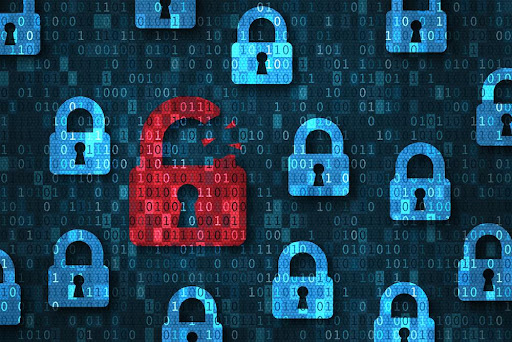
In the aftermath of the MOVEit breach, where sensitive data was compromised due to security vulnerabilities, victims in Maryland and beyond are left grappling with the unsettling aftermath of potential identity theft and breach of their data.
As a follow-up to our previous discussion, we delve into the actions MOVEit breach victims can take in Maryland to seek damages and compensation and ensure their data remains secure going forward.

The MOVEit breach raises significant legal questions, particularly concerning liability and accountability. Victims may wonder which entities can be held responsible for the breach and what recourse is available. Let’s explore some key aspects of the legal landscape:
In cases like the MOVEit breach, companies involved may be held accountable for negligence. Progress Software, the developer of MOVEit, could bear liability for failing to adequately protect user data and promptly address security vulnerabilities.
Like many other states, Maryland has data breach notification laws requiring entities to notify individuals affected by data breaches; these laws aim to safeguard consumers’ rights and privacy.
Identity theft and consumer protection lawyers play a pivotal role in representing victims. They provide legal counsel, guide victims through the complex legal process, and advocate for their rights and interests.
Document all evidence related to the breach; this includes any notifications you received, correspondence with Progress Software or other entities involved, and records of any financial losses or identity theft-related expenses.
Seek legal counsel from an experienced identity theft attorney in Maryland. They can assess your case, explain your rights, and guide you through the legal process.
Your attorney will help you explore your legal options; this may involve pursuing a lawsuit against Progress Software or other responsible parties for damages resulting from the breach.
Continuously monitor your financial accounts for any suspicious activity. Report any unauthorized transactions or identity theft promptly to your financial institution.
Take steps to strengthen your online security. Change passwords, enable multi-factor authentication, and consider credit monitoring services to stay vigilant against potential identity theft.
Stay informed and read any data breach notifications you receive. These notifications are essential for your legal rights and may contain vital information about the breach.
Learn about your rights as a data breach victim in Maryland. Understand the legal recourse available to you and stay informed about the progress of any class-action lawsuits related to the breach.
The MOVEit breach has left a trail of uncertainty and concern for victims who had their sensitive data exposed due to security vulnerabilities. In Maryland, as in many other states, legal avenues are available for victims to seek damages, compensation, and justice.
Consider supporting advocacy efforts that aim to strengthen data privacy laws and regulations. Your experience as a victim can contribute to the broader conversation about cybersecurity and consumer protection.
Remember that you’re not alone in this journey; by taking proactive steps and seeking legal guidance, you can rebuild your online life and safeguard your data.